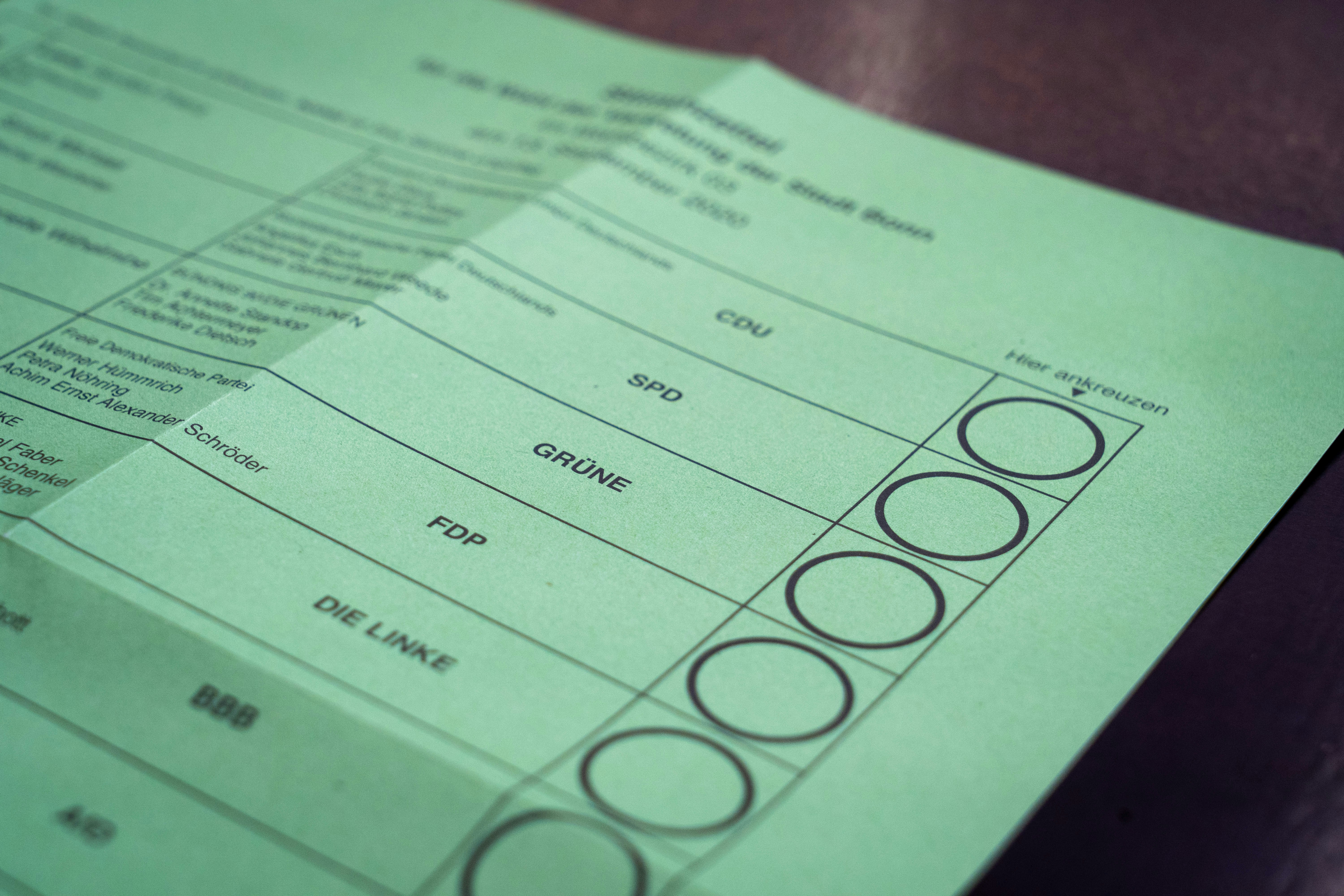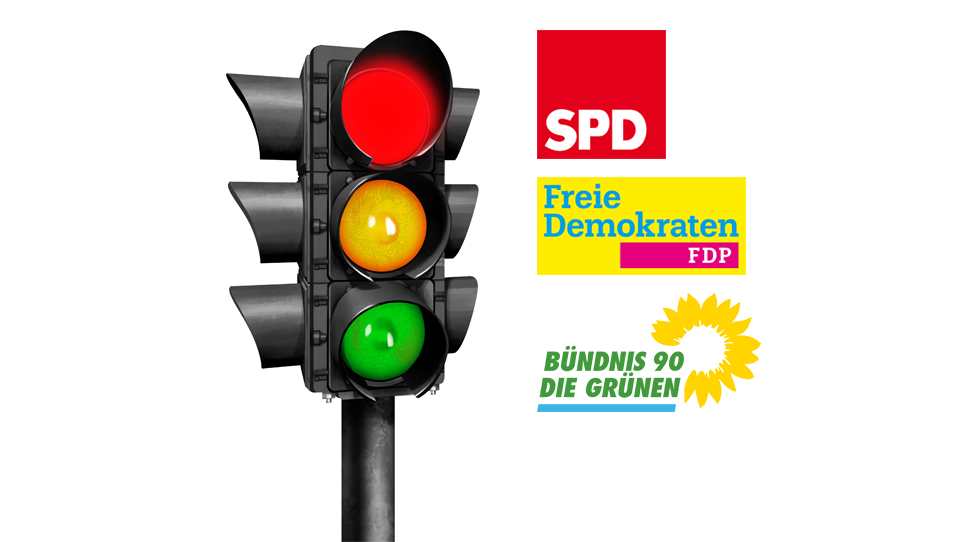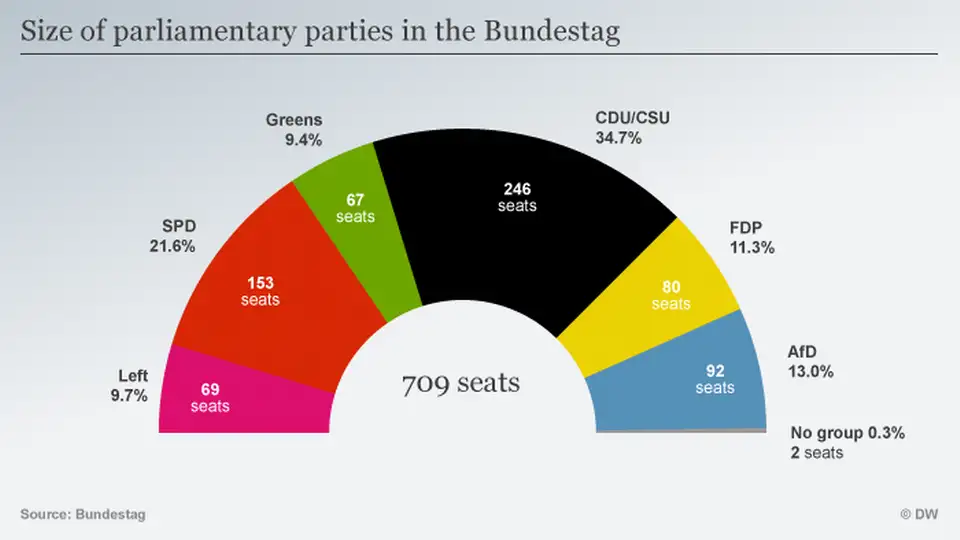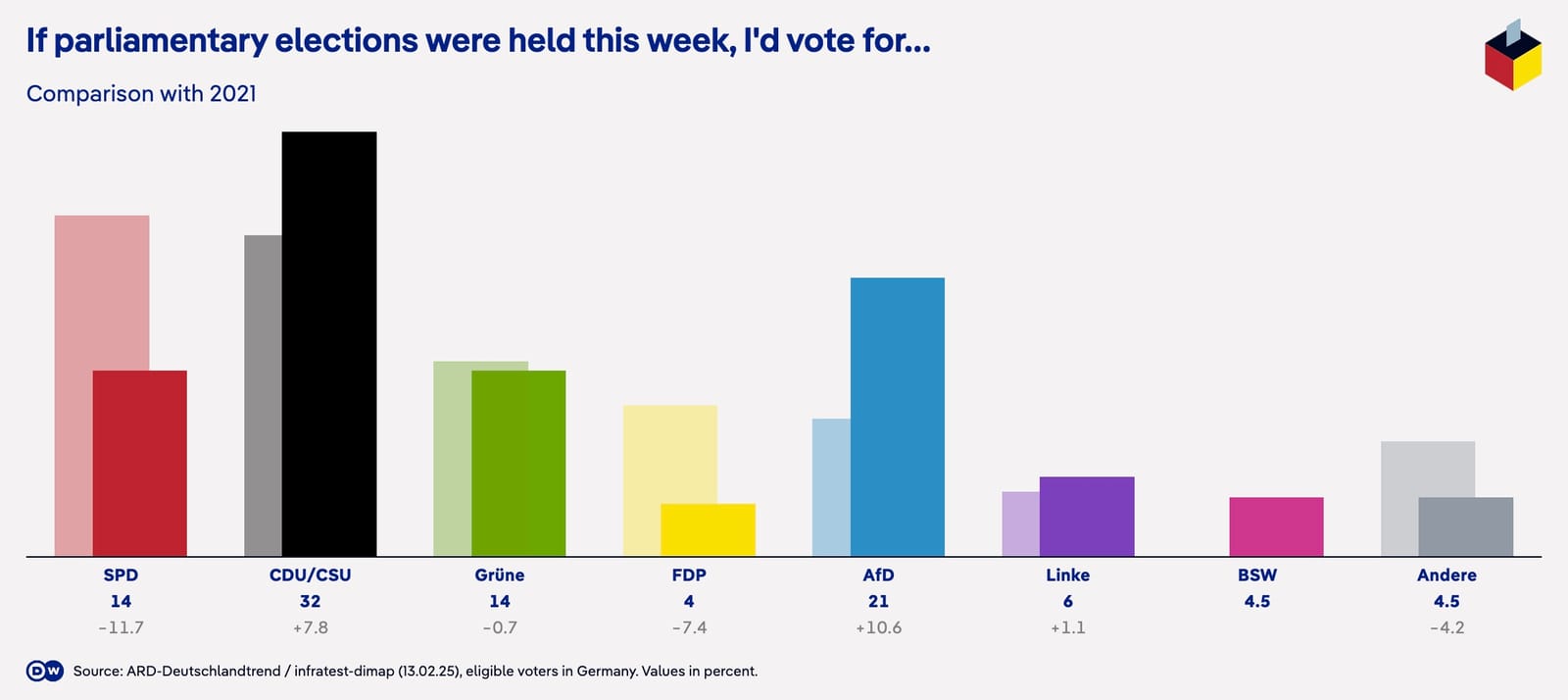
Why I’m Decoding German Politics in 2025 (And Why You Should Too)
As 2025 approaches, Germany is gearing up for the federal election. The event could reshape everything from my visa to my son’s future—it’s a turning point for expats in Germany. From immigration debates to coalition politics, understanding this landscape could save your visa—and sanity.
When I first mentioned “Bundestagswahl” to my friends in India, they playfully asked if it was a new kind of sausage. I have to say that navigating German politics can be a bit of a challenge for newcomers. It’s a fascinating jumble of history, emotions, and those words longer than the Rhein. But getting to know it is worthwhile; it helps you understand the game you’re part of.
A federal election will be held in Germany on 23 February 2025, just a week away. Initially scheduled for 28 September 2025, the poll moved up due to the collapse of the governing coalition (traffic light coalition) during the 2024 German government crisis. This is an excellent opportunity to dive into the election season from the perspective of expats. Read on!

Cultural Contrast
In India, politics is a family WhatsApp feud: loud, personal, and decisive. In Germany, it is a meticulous board game where every move requires consensus. The Left isn’t just “left”—it’s a spectrum of Die Linke, Greens, and SPD, each with red lines. And WWII? It’s not just history; it’s the ghost that shapes every debate about nationalism.
Coalition
In Germany’s federal electoral system, it’s common for no single party or parliamentary group to win enough seats in the German federal parliament to hold an absolute majority. Because of this, coalition governments are the norm rather than single-party rule after elections. It’s also fun to note that German political parties are often linked to specific colors, so these coalitions usually get playful nicknames based on the colors involved.

Left-right political spectrum
For starters, you must know the fascinating world of the left-right political spectrum, a concept that dates back to the dramatic upheaval of the French Revolution in 1789. The meaning of these terms has evolved through the ages and differs wildly from one culture to another. Take Germany, for example—a country that has experienced profound shifts in political ideology. Do the terms “right” and “left” resonate similarly for Germans as they do for Americans? It is a great topic to explore together.
Parliamentary parties
Germany operates under a plural multi-party system, allowing diverse political parties to participate in governance. The Christian Democratic Union (CDU) and its sister party, the Christian Social Union (CSU), along with the Social Democratic Party of Germany (SPD), are the largest parties in terms of both membership and representation in parliament. This political structure fosters a dynamic political environment, reflecting various views and interests within the country.

Voting
In Germany, every elector is granted two votes during elections: a constituency vote, often referred to as the first vote, and a party list vote, or the second vote. This two-vote system has been in place since 1953.
It’s important to note that not all residents in Germany are eligible to vote. The country’s absence of birthright citizenship, alongside longstanding restrictions on dual citizenship and lengthy naturalization processes, means that many individuals who have lived and worked in Germany for many years may still be unable to participate in the electoral process in their place of residence.
Connecting to Immigration
When Germans engage in discussions about immigration, they’re not merely hashing out policy details—they’re grappling with profound questions of their national identity. Are they still the “welcoming culture” (Willkommenskultur) that embraced newcomers with open arms in 2015, or have they evolved into the cautious realists of 2025? For expatriates navigating this landscape, the stakes are tangible and real: the stark difference between securing a 3-year visa that offers stability and finding oneself in a frustrating 6-month limbo, caught in bureaucratic uncertainty.
Here’s an eye-opening fact: over 7 million eligible voters in Germany are immigrants or children of immigrants, highlighting the crucial role that diverse backgrounds play in shaping the nation’s future.
Expats should recognize that:
- The election outcome can significantly influence the ease of obtaining work permits, residence permits, and citizenship.
- Integration policies, including language courses and job training programs, could see modifications or expansions.
- Family reunification policies may tighten, directly impacting expats with family members living abroad.
By staying informed about the German political parties and their agendas, expats can make empowered decisions about their lives in Germany and engage more effectively in the democratic process.
Dive into each party’s manifesto to discover which political vision resonates with you. Keep the official website (bpb) from the Federal Agency for Civic Education handy. Additionally, I highly recommend utilizing the Wahl-O-Mat tool. This platform is fantastic for helping you identify which parties align with your core beliefs—think of it a rewarding journey in political matchmaking.
Key Issues in This Election
- Migration: How can more effective and humane policies regarding migration be created?
- Economy: What innovative strategies can be developed to stimulate economic growth and recovery?
- Ukraine: In what ways can meaningful support to Ukraine be provided in its efforts to defend against Russian aggression? Or no?
- Energy: What proactive steps can be taken to lower energy prices and ensure sustainable energy solutions?
- Trump: How will the government adjust foreign policies with the new administration of U.S. President Donald Trump to address the national challenges?
By the way, which party is leading the race? From February 10 to 12, the pollsters surveyed a representative sample of 1,579 individuals who are eligible to vote.

2025 Focus
February 2025 is shaping up to be a game-changer for expats! Think stricter language requirements for visas, increased taxes on foreign income, and potential shifts in Kita subsidies. Although speculative, the political parties are discussing possible changes. Ignoring this news would be like ignoring a monsoon forecast in Mumbai—possible but unwise!
Here’s how I keep my sanity and stay in the loop:
- Subscribe to The Local newsletter: The Local’s English newsletter is an invaluable resource for me. It directly delivers the most relevant news to my inbox, covering everything from political updates to cultural events.
- Ask Coworkers: Germans are passionate about their system, and they love explaining it! Just bring some Kuchen to sweeten the deal.
- Subscribe to My Newsletter: It’s not just about German politics; it’s your guide to navigating life in Germany through the eyes of an expat.

Understanding the intricacies of German politics doesn’t require you to become an expert in the field. Instead, it’s all about feeling the pulse of what’s happening around you—so you’re prepared for whatever surprises come your way. And let’s face it: when the chilly, damp February drizzle starts to fall in Berlin, you’ll be grateful to have that umbrella handy. So, gear up for the exhilarating changes ahead!
Before you head out, here are some essential Bundes-words that will empower you to navigate its political landscape with confidence:
- Bundeskanzler - Federal Chancellor
- Bundespräsident - Federal President
- Bundestag - Federal Parliament or National Assembly
- Bundesrat - Federal Council (representing the 16 states)
- Bundesregierung - Federal Government
- Bundeswahl - Federal Election
- Bundesverfassungsgericht - Federal Constitution
